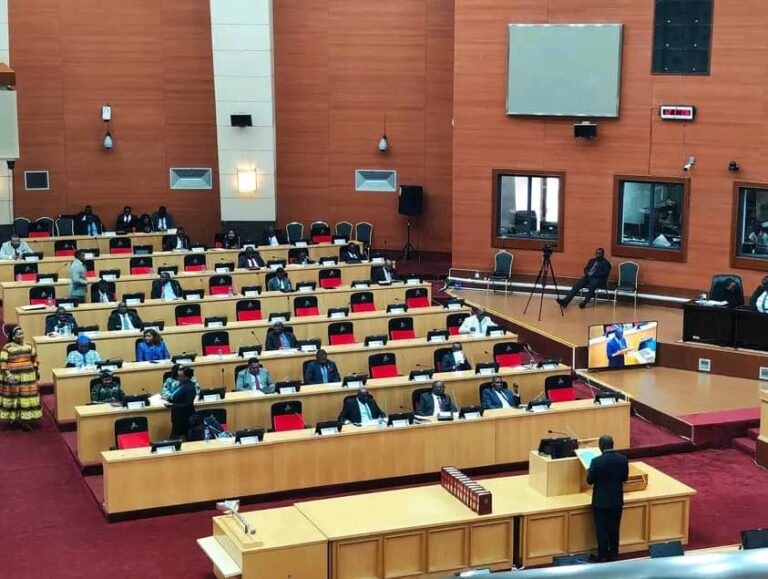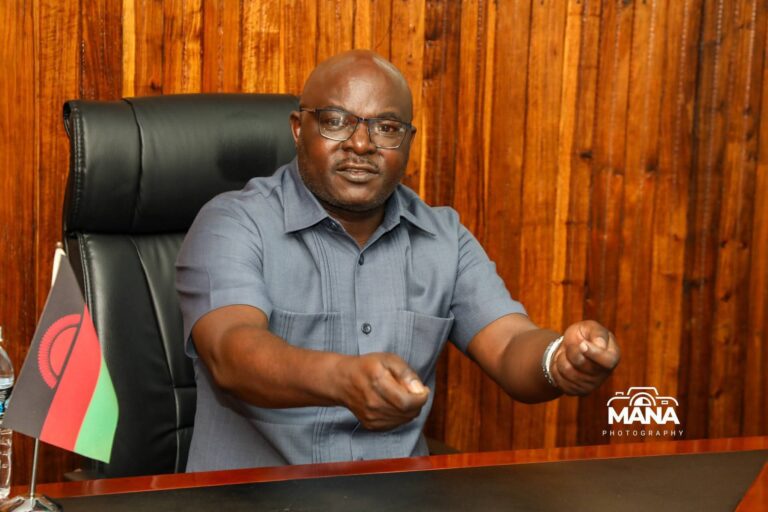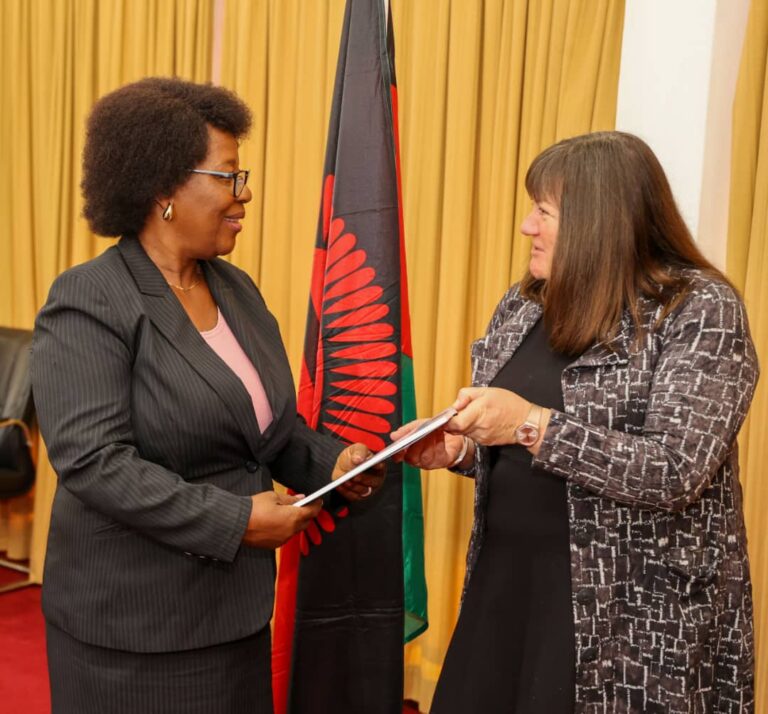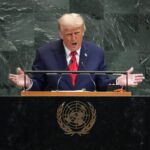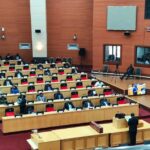By Burnett Munthali
Malawi is teetering on the brink of an economic disaster, with alarming signs that the nation could face bankruptcy if bold corrective measures are not urgently implemented. The nation’s economic outlook has been deteriorating due to a confluence of factors, including unsustainable debt, currency depreciation, declining exports, and rampant corruption, which have eroded public trust and investor confidence.
At the heart of Malawi’s economic troubles is its burgeoning public debt. The country’s debt-to-GDP ratio now stands at over 60%, a threshold that is widely seen as unsustainable for a developing economy like Malawi’s. The government has borrowed heavily, both domestically and internationally, to fund public services and infrastructure projects. However, this borrowing has outpaced the growth of the economy, leading to concerns about the country’s ability to service its debt.
International creditors, including the International Monetary Fund (IMF) and the World Bank, have expressed concern over Malawi’s fiscal discipline. The government’s inability to manage its finances efficiently has resulted in missed targets under IMF programs, limiting the country’s access to external financing. Recent calls for debt restructuring have sparked fears that Malawi may be sliding towards a default if concrete measures are not taken to stabilize the situation.
Compounding the debt crisis is the rapid depreciation of the Malawian kwacha, which has lost significant value over the past few years. The devaluation has been largely driven by dwindling foreign exchange reserves, exacerbated by a sharp decline in export revenue. Malawi’s major export crops—tobacco, tea, and sugar—have faced volatile global markets and declining demand, leading to a reduced inflow of foreign currency.
The weakening kwacha has in turn fueled inflation, with the cost of goods and services skyrocketing. Malawians are now paying more for basic necessities, including food and fuel, which has further strained household incomes. Inflation is currently running at double digits, far above the central bank’s target, creating a cycle of economic instability. The combination of high inflation and a weak currency has made it nearly impossible for Malawi to pay back its debts without taking on more loans, further deepening the debt trap.
Another major factor contributing to Malawi’s potential bankruptcy is endemic corruption and mismanagement. Reports of government officials embezzling funds meant for public projects, inflated procurement contracts, and misuse of foreign aid have tainted Malawi’s international image. The infamous “Cashgate” scandal, in which millions of dollars were looted from government coffers, is just one example of the deep-seated corruption that continues to plague the country’s finances.
Despite promises from the current administration to crack down on corruption, tangible results have been slow to materialize. The lack of accountability and transparency in handling public finances has discouraged foreign investors, who view Malawi as a high-risk investment destination. As a result, much-needed foreign direct investment has dwindled, further compounding the country’s fiscal challenges.
Malawi’s reliance on agriculture as the backbone of its economy has also become a vulnerability. With over 80% of the population dependent on farming, any shock to the agricultural sector has widespread consequences. In recent years, the country has experienced erratic weather patterns, including droughts and floods, that have devastated crop yields.
This climate variability has not only hurt farmers’ incomes but also contributed to food insecurity and reduced export volumes, putting additional pressure on the national economy. Efforts to diversify the economy away from agriculture have been slow, leaving Malawi exposed to both climate risks and fluctuations in global commodity prices.
To avoid economic collapse, Malawi must take decisive action. First, the government needs to embark on a comprehensive debt restructuring plan that involves both domestic and international creditors. By renegotiating its debt terms, Malawi could gain the breathing space needed to implement fiscal reforms aimed at reducing public spending and increasing revenue generation.
Second, authorities must address the issue of corruption head-on. Strengthening institutions tasked with fighting corruption, improving oversight in government procurement processes, and ensuring that those implicated in financial scandals are held accountable are crucial steps towards restoring public trust and attracting investment.
Third, Malawi needs to invest in economic diversification. Moving away from an over-reliance on agriculture and expanding into sectors like tourism, manufacturing, and technology could provide the country with more stable revenue streams. Furthermore, efforts to modernize farming practices and improve agricultural productivity through climate-smart techniques will help mitigate the impact of climate change on the economy.
Finally, collaboration with international partners is key. Donors and development institutions need to be engaged not only to provide financial support but also technical assistance in implementing reforms. By restoring confidence in its financial management and governance, Malawi can rebuild its economy and steer away from the path of bankruptcy.
In conclusion, Malawi’s risk of bankruptcy is not inevitable, but without significant reforms, the current trajectory is unsustainable. The government must take urgent action to address its debt crisis, tackle corruption, and diversify the economy to build a more resilient foundation for future growth. Failure to act decisively will leave Malawi vulnerable to a financial collapse that would have devastating consequences for its citizens and the broader region.


